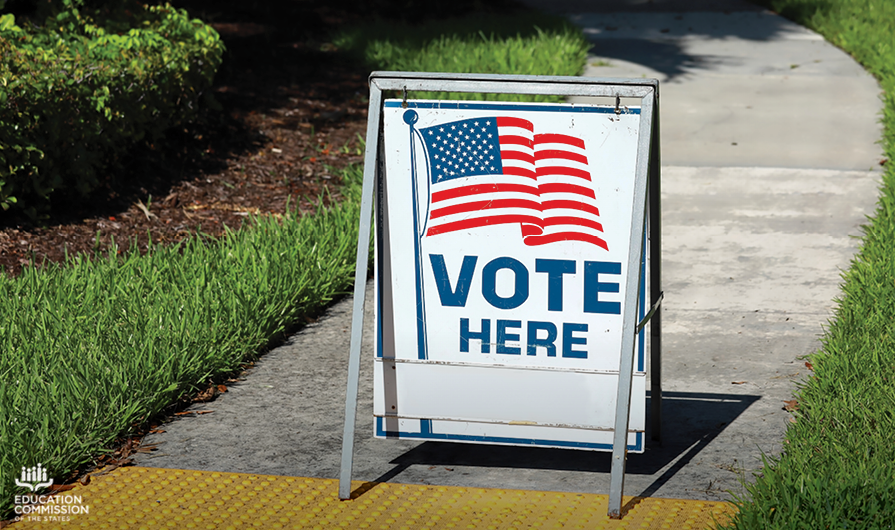In his 2019 State of the State address, Washington Gov. Jay Inslee was one of several governors to stress the importance of state and community investment in workforce development — and particularly, improving access to postsecondary education and other training that would lead to better-qualified candidates for jobs in high-demand, technical fields.
From there, the Legislature took on Inslee’s charge, ultimately passing the Workforce Education Investment Act, which includes:
- The new Washington College Grant. More than 110,000 students will be guaranteed financial aid. Students whose families earn up to $50,000 annually are guaranteed to have 100 percent of their tuition and fees covered; and students in a family of four earning up to $92,000 annually will receive partial grants. Covered postsecondary programs include two- or four-year degrees or certificate programs and apprenticeships at public and independent colleges; part-time students are also eligible, and there are no age limits. Waitlists for state financial aid will be eliminated beginning in the 2020 school year.
- Expansion of Career Connect Washington. Thirty-five million dollars in funding adds program capital capacity, supports regional industry and education partnerships, and expands the number of apprenticeships and internships.
- Expansion of the Guided Pathways program. Thirty-two million dollars is provided to redesign program delivery with the aim of helping more students earn their credentials.
Other investments include $200 million for high-demand enrollments, employee compensation, high-demand educator salary increases, postsecondary student support programs and higher education loan refinancing.
Additional policy provisions include a change in eligibility for Working Connections child care programs, so that more low-income adults can earn a vocational degree or certificate; and an increase in the mandatory tuition waiver credit limit from $200 to $250 for children, spouses and domestic partners of service members who died as a result of service, became totally disabled or have a POW or MIA designation.
To fund the initiatives, the Legislature leaned on the business communities most dependent on a highly educated workforce for their success — such as tech companies and accounting, engineering and architecture firms — by adding a differentiated surcharge to the state’s business and occupation tax. Two companies in favor of the legislation, Amazon and Microsoft, will see their business and occupation tax rates rise by 67 percent, but they say they see the value in fostering a large, skilled technical workforce.
Washington’s guarantee of financial aid to low- and middle-income students follows efforts in other states to expand financial aid. In 2014, Tennessee enacted the Tennessee Promise program, guaranteeing two years tuition-free at community or technical college programs for all Tennessee high school graduates. New York’s Excelsior scholarship also allows students whose families earn up to $125,000 annually to attend State University of New York and City University of New York schools with free tuition, provided that students meet certain credit-hour and residency requirements and commit to remaining in the state to work.
For additional information, see our 50-State Comparison: State Policy Models for Connecting Education to Work and this Ed Note blog post on state free college proposals in the 2019 legislative sessions.







